Whether you’re building a home gym or training with minimal equipment, fueling your body the right way is half the battle. The carnivore diet — a nutrition plan based entirely on animal-based foods — has caught the attention of fitness enthusiasts looking to simplify their eating habits, eliminate bloating, and recover faster.
This post breaks down a practical carnivore diet food list tailored for those training at home. You’ll also find tips on how it supports fitness goals, clears up myths, and helps you decide if it’s right for you.
Table of Contents
Quick Overview: What Is the Carnivore Diet?
The carnivore diet focuses on eating only animal-based foods — think meat, fish, eggs, and animal fats. No fruits, vegetables, grains, or processed carbs. It’s often viewed as an elimination diet, cutting out all potential plant-based irritants.
Proponents like Dr. Ken Berry and carnivore lifestyle coaches emphasize the simplicity and nutrient density of animal foods, claiming it can improve energy, mental clarity, and body composition — all crucial for people who train regularly at home.
Carnivore diet food list: 7 core foods that support home fitness
Here are seven powerful animal-based foods that show up in nearly every carnivore-friendly kitchen — especially among people focused on strength, recovery, and endurance.
1. Ribeye Steak
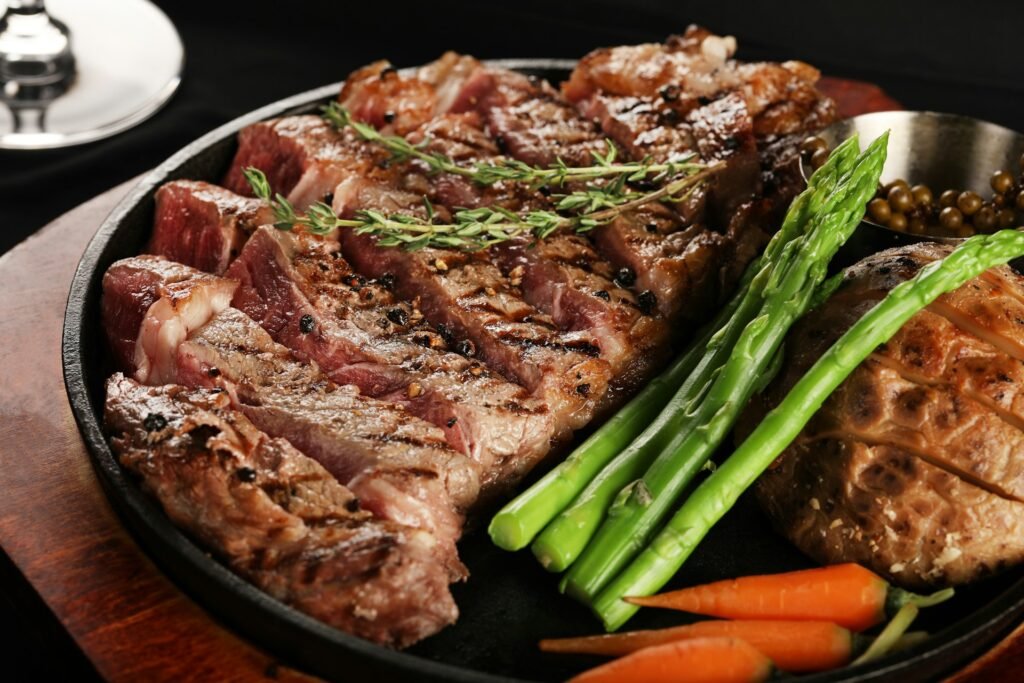
Packed with protein and healthy fat, ribeye offers a complete amino acid profile and enough calories to fuel resistance training sessions without carbs.
2. Ground Beef
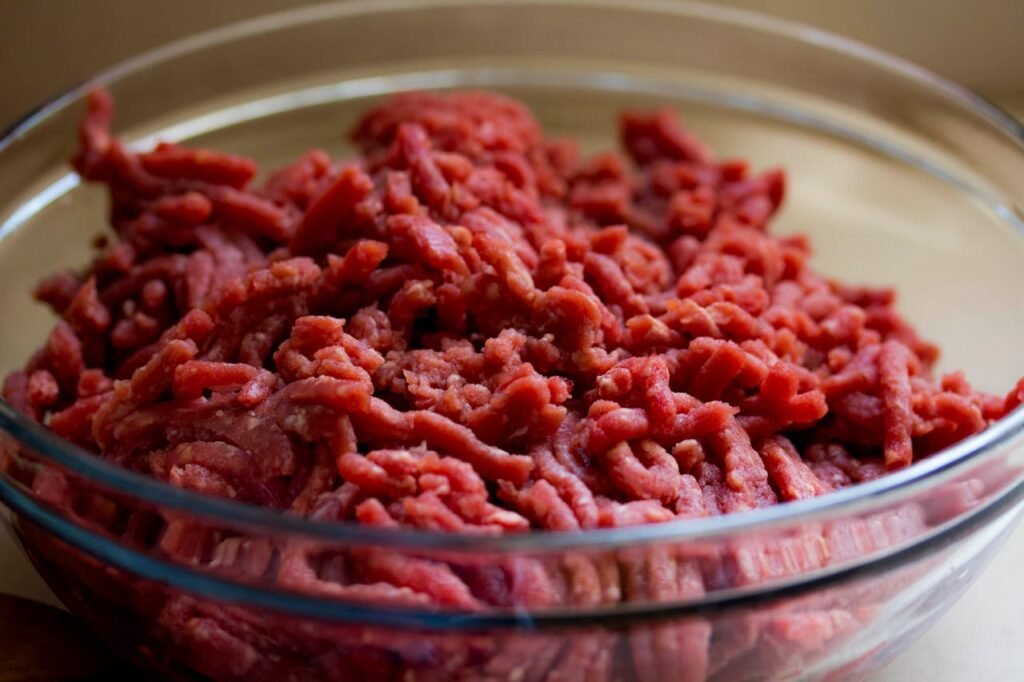
Budget-friendly and versatile, ground beef is a go-to for quick meals after bodyweight workouts or dumbbell training. Opt for 70/30 or 80/20 to keep your fat intake high enough for energy.
3. Eggs

Nature’s multivitamin. Eggs provide high-quality protein, B vitamins, choline, and healthy fats. Scramble them, hard-boil them, or fry them in tallow or butter.
4. Liver (Beef or Chicken)

Often considered a “superfood” on the carnivore diet. Rich in iron, vitamin A, B12, and folate — key nutrients for endurance and strength recovery.
5. Wild-Caught Salmon or Sardines
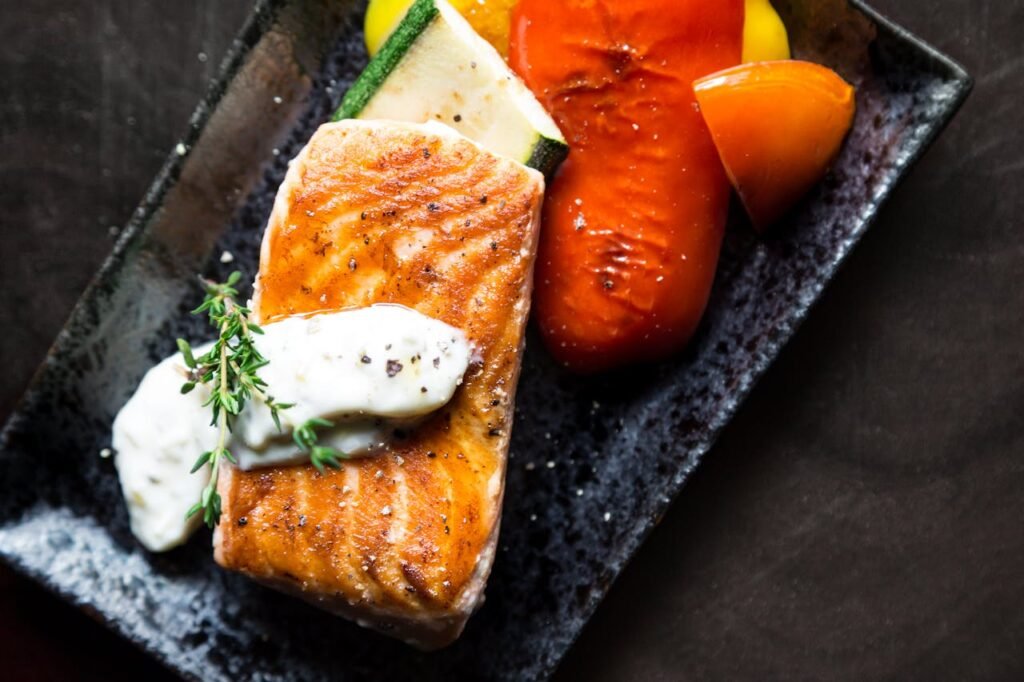
Add omega-3s to support joint health and reduce inflammation after tough calisthenics or HIIT sessions. These also contain selenium, iodine, and vitamin D.
6. Bone Broth

Ideal for joint recovery, gut health, and hydration. Many athletes sip on bone broth before or after training. It’s also easy to make at home using beef or chicken bones.
including bone broth in your carnivore diet not only supports hydration but also provides collagen, a key protein for joint and connective tissue health. Learn more about the benefits of collagen for fitness in our Complete Guide to Collagen Supplements
7. Butter or Ghee
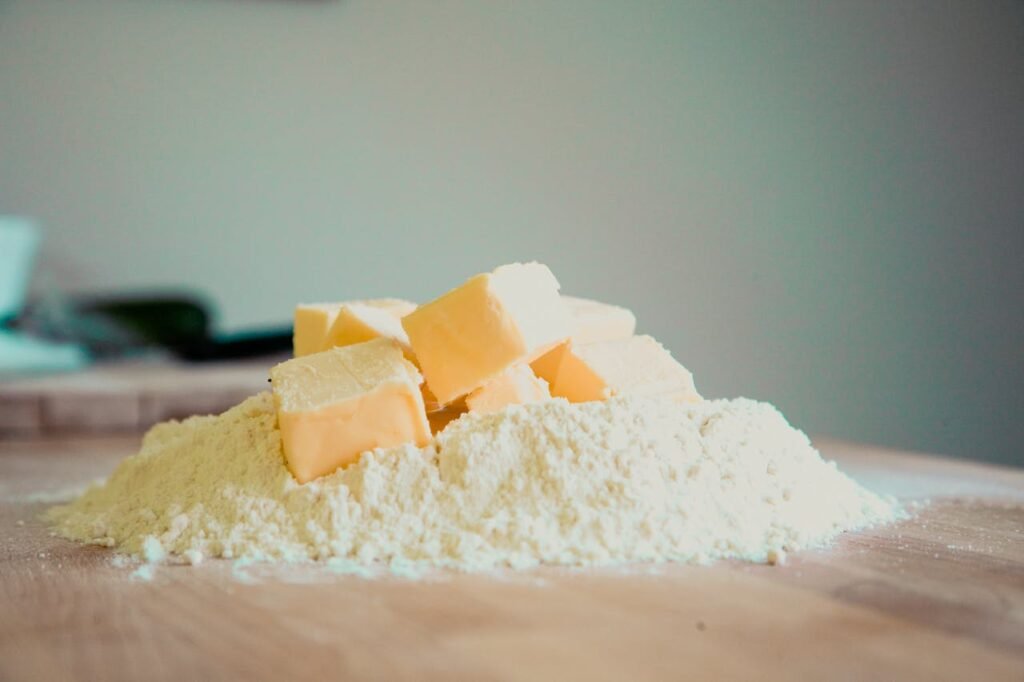
Used for cooking or added to meats, these fats support energy levels on a zero-carb diet and help with the absorption of fat-soluble vitamins.
Why It Works for Home Fitness
Training at home often means more control over your routine — and the carnivore diet offers the same for nutrition.
Benefits That Pair Well with Home Workouts:
- Fast Recovery: High protein intake helps repair muscle tissue after bodyweight or resistance band workouts.
- Mental Clarity: Some report improved focus and consistency — great for solo training without a coach.
- Minimal Meal Prep: Meal prep becomes as easy as pan-searing meat. No complex carb-cycling or macros.
- Fewer Cravings: Eliminating sugar and fiber may lead to steadier energy, helping avoid that mid-workout slump.
You don’t need to be a bodybuilder to benefit. Even those doing light training — yoga, kettlebells, or mobility — often feel leaner and less inflamed after switching to animal-based eating.
Is the Carnivore Diet for You?
This diet isn’t for everyone. While it works well for people who like structure, simplicity, and heavy training recovery, it may feel too restrictive for others — especially those who enjoy variety or eat for social occasions.
Who Might Thrive on It:
- Home gym users looking for efficient meals
- People with autoimmune or digestive issues
- Those wanting to eliminate sugar and seed oils
Who Might Struggle:
- Vegans or vegetarians (obviously)
- Endurance athletes who rely on carbs
- People uncomfortable giving up fruits or coffee
If you’re curious, many start with a 30-day trial and gradually reintroduce non-meat foods if needed.
Myths vs. Truths About the Carnivore Diet
Let’s clear up some common misconceptions before you jump in.
| Myth | Truth |
|---|---|
| “You’ll be constipated all the time.” | Many people report improved digestion due to removing irritating plant fibers. |
| “It lacks nutrients.” | Organ meats and fatty cuts are rich in essential vitamins and minerals. |
| “You can’t build muscle on it.” | Animal protein is highly bioavailable and supports muscle repair and growth. |
| “It’s just another fad.” | Versions of meat-based diets have been around for centuries in various cultures. |
Possible Side Effects and Considerations
Like any restrictive diet, going carnivore can come with side effects — especially in the first few weeks.
Possible Side Effects:
- Keto flu: Fatigue, headaches, or irritability as your body adjusts to burning fat
- Constipation or diarrhea: Your gut is adapting to zero fiber
- Electrolyte imbalances: Salt, potassium, and magnesium needs go up — bone broth and salt can help
Always consult a healthcare provider, especially if you’re managing conditions like diabetes, thyroid issues, or kidney disease.
Supplements to Support Your Carnivore Diet and Home Fitness
While the carnivore diet provides plenty of protein and nutrients, some supplements can help optimize your muscle recovery and workout performance at home.
Collagen Peptides
Collagen supports healthy joints, skin, and connective tissues, which is especially beneficial if you’re doing strength training or bodyweight exercises regularly. Supplementing with collagen peptides can enhance recovery and overall mobility.
Electrolytes
On a low-carb carnivore diet, electrolyte imbalances may cause cramps, fatigue, or headaches during workouts. A clean electrolyte supplement without added sugars or fillers helps maintain hydration and energy levels.
Protein Powder
Sometimes, convenient protein options can help, especially post-workout or when you’re short on time. Look for pure animal-based protein powders like whey, egg, or beef protein isolates that contain no carbs or plant-based additives to stay consistent with your carnivore goals.
Disclosure: We may earn a commission from links mentioned in this post, at no extra cost to you. We only recommend products we genuinely trust
Conclusion: Meat Up Your Home Workout Routine
The carnivore diet is more than a trend — it’s a streamlined, no-nonsense way to fuel home training without the complications of traditional meal planning. Whether you’re using resistance bands, kettlebells, or just your body weight, this carnivore diet food list can help simplify nutrition and support consistent performance.
It’s not for everyone, but if you’re tired of the “what should I eat today?” cycle and want something that aligns with a focused training lifestyle — this meat-based approach might be worth a try.


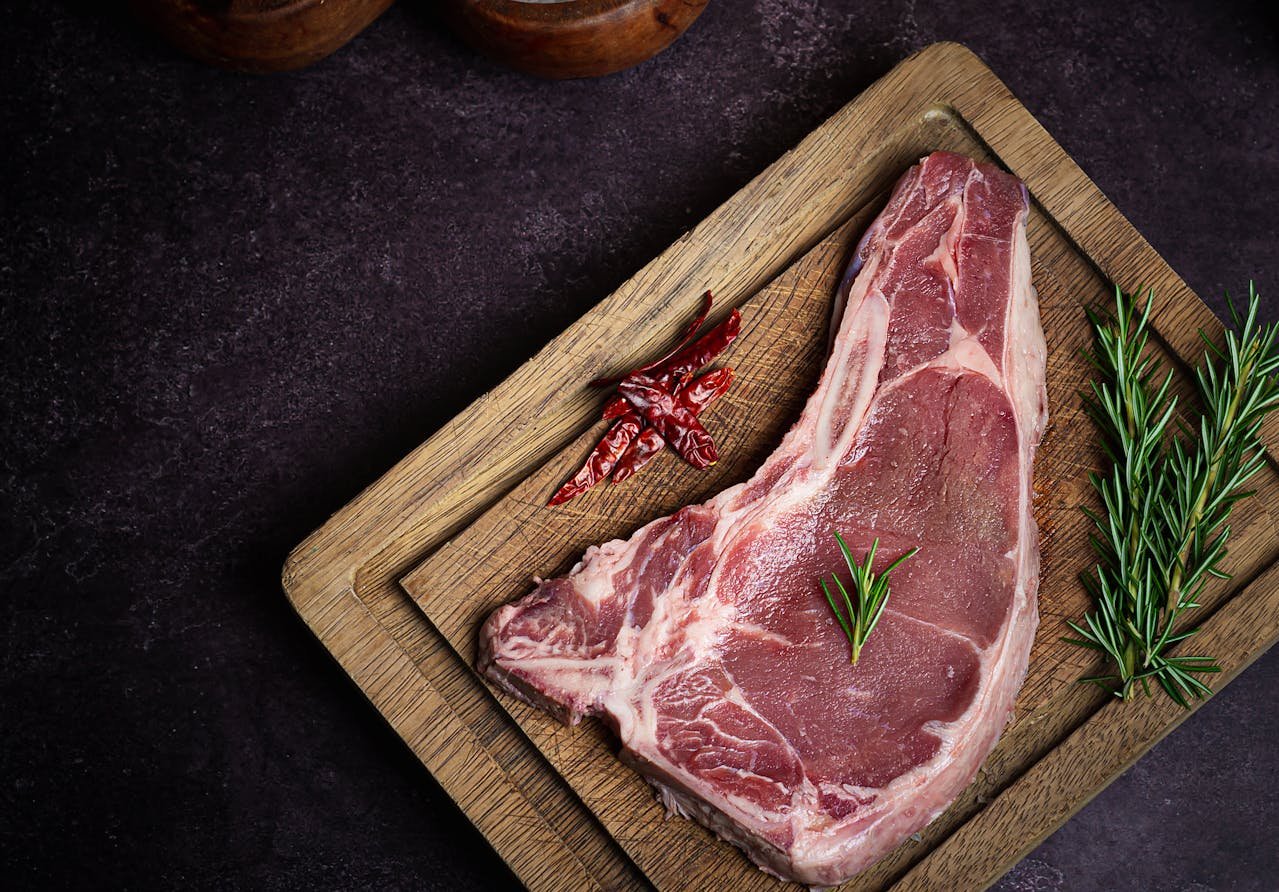
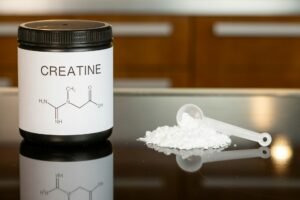


Pingback: 18:6 Intermittent Fasting: A Simple Guide